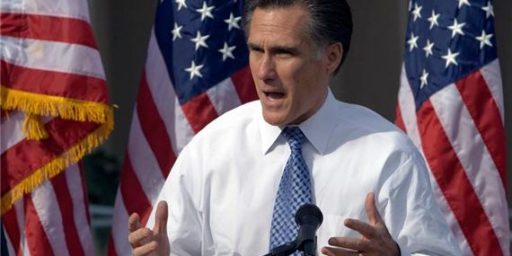MOUSSAOUI REPRIEVE
AP reports that a federal judge has essentially ended the federal case against Zacarias Moussaoui, the alleged “20th hijacker” after the authorities refused to comply with her order to allow Moussaoui, who is acting as his own attorney, to question high-level al-Qaida prisoners. This seems reasonable to me since defendants have a fundamental right to question relevant witnesses. The government’s national security arguments are plausible as well, so their refusal to allow Moussaoui to interface with the prisoners is understandable.
This case demonstrates rather clearly why the “war on terrorism” has to in fact be a war. The criminal justice system by and large works in preserving domestic law and order but is not flexible enough to deal with international terrorist networks. Pretending to try terrorists in ordinary court but granting waivers of normal procedural protections would simply render the whole system a sham. The military tribunal system, which will presumably be where the most serious charges against Moussaoui wind up, at least has the virtue of being obviously distinct. So long as it is used only against foreign terrorists or American citizens who commit their crimes abroad, it seems perfectly consistent with a rather long history of handling enemies of the state during wartime.




I agree that the war on terror should be a war in all aspects. The problem with this fella is that he was in our judicial system before 9/11, so it has to play itself out.
—